Why Is Morocco Killing Thousands of Stray Dogs Ahead of the 2030 World Cup?
In the run-up to the 2030 FIFA World Cup, animal welfare groups warn that Moroccan authorities are systematically culling stray dogs—using shootings, poison, and inhumane capture methods—with human survivors and pets in danger. Officials say it’s to protect public health and improve city images.
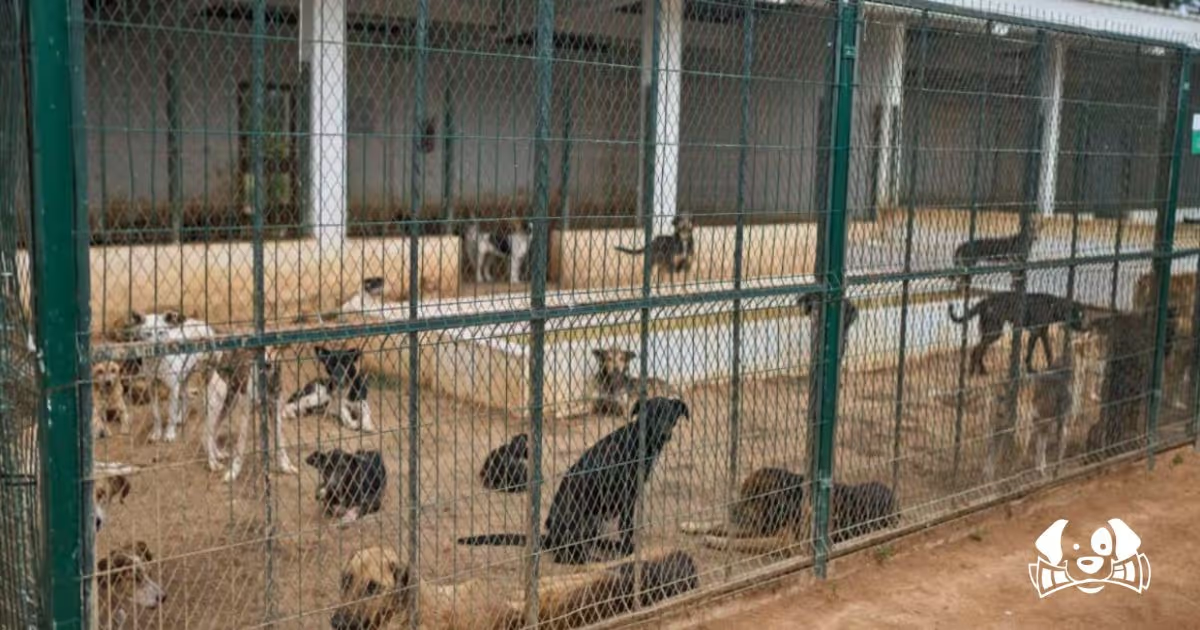
Growing Fear and Public Outcry
In Ifrane, a picturesque mountain town, locals describe blood-stained streets as a daily reality. “Walking to school, I passed pools of blood on the street,” says Amina, 19. Whereas killings were once occasional, she says violence against street dogs has become alarmingly systematic, transforming brutal culls into a sport-like activity.
Animal welfare groups, including the International Animal Welfare Protection Coalition (IAWPC), say hundreds—or even thousands—of dogs are being shot or poisoned in or near tourist cities. They describe scenes of dogs being bound, gassed, or driven off in vans, only to disappear.
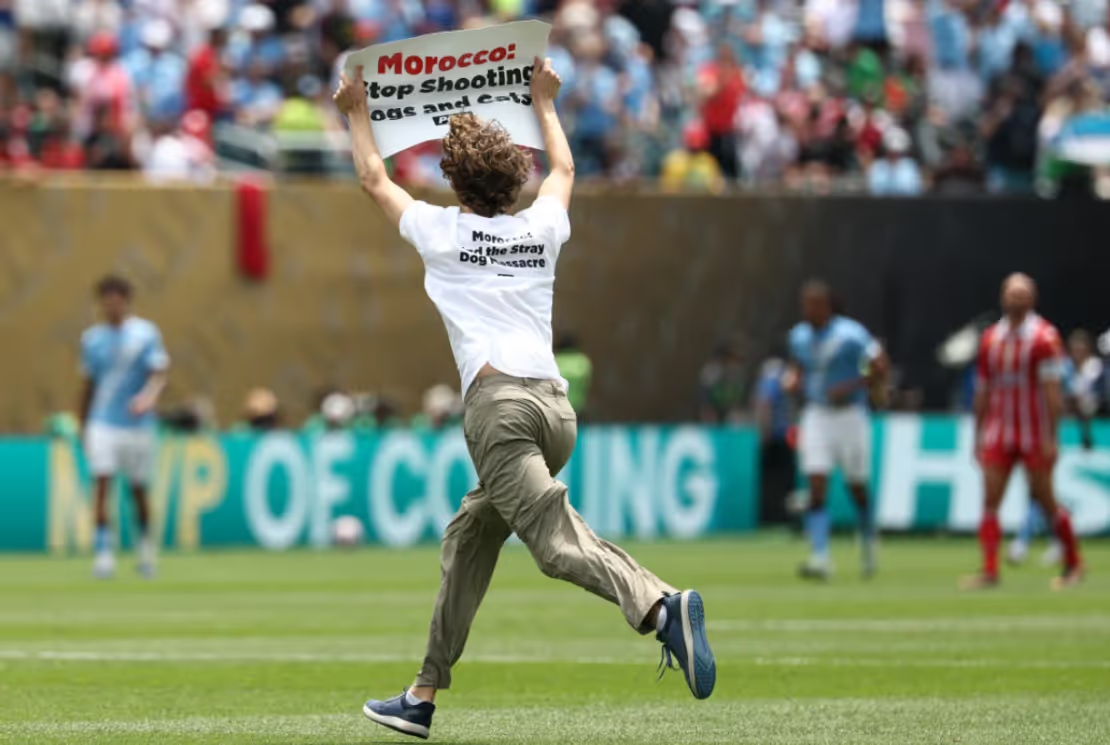
Official Justification: Health Risks & Image Management
Moroccan authorities defend the campaign, citing rabies risk: around 100,000 bites are reported annually, 40% affecting children under 15, according to Mohammed Roudani of the Interior Ministry.
He highlights the 2019 Trap-Neuter-Vaccinate-Return (TNVR) program as a humane alternative, but acknowledges enforcement falls to municipalities that sometimes resort to culling via poison or rifles—despite national guidelines against these methods
Deadly Consequences for Pets—and People
The culls are not only harming street animals. In Ben Ahmed, barista Abderrahim Sounni was hit by stray bullets while a dog ran past. Police reportedly confirmed the vehicle belonged to the municipality.
Expats and locals alike have spoken of witnessing brutal treatment: dogs kicked, shot, or thrown from vans. One American expatriate, Erin Captain in Casablanca, recounts how rescue attempts were met with violence: “They took [my] puppies… one had its little legs broken; the other was kicked to death”.
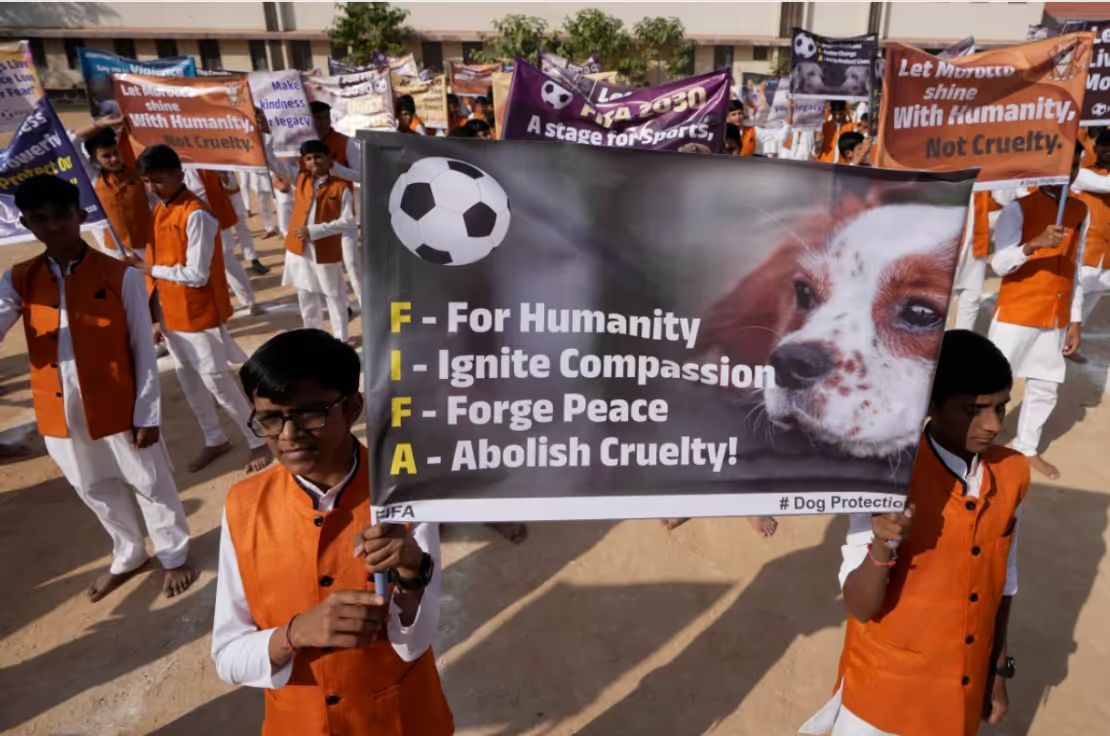
International Pushback and FIFA Pressure
A coalition of animal rights groups—backed by figures like Jane Goodall—warn FIFA of a “massive scale of killings” timed to reshape Moroccan cities before the World Cup .
FIFA has acknowledged the issue and says it’s in ongoing contact with Moroccan authorities to ensure commitments under its host requirements are met. Morocco, meanwhile, reports investment of over $23 million in TNVR programs across 15+ cities.
Yet activists remain skeptical. With alleged killings continuing into 2024 and 2025—despite Morocco’s insistence the worst ended in 2023—the global community is urging FIFA to take action and ensure humane standards are enforced.

.avif)
.avif)











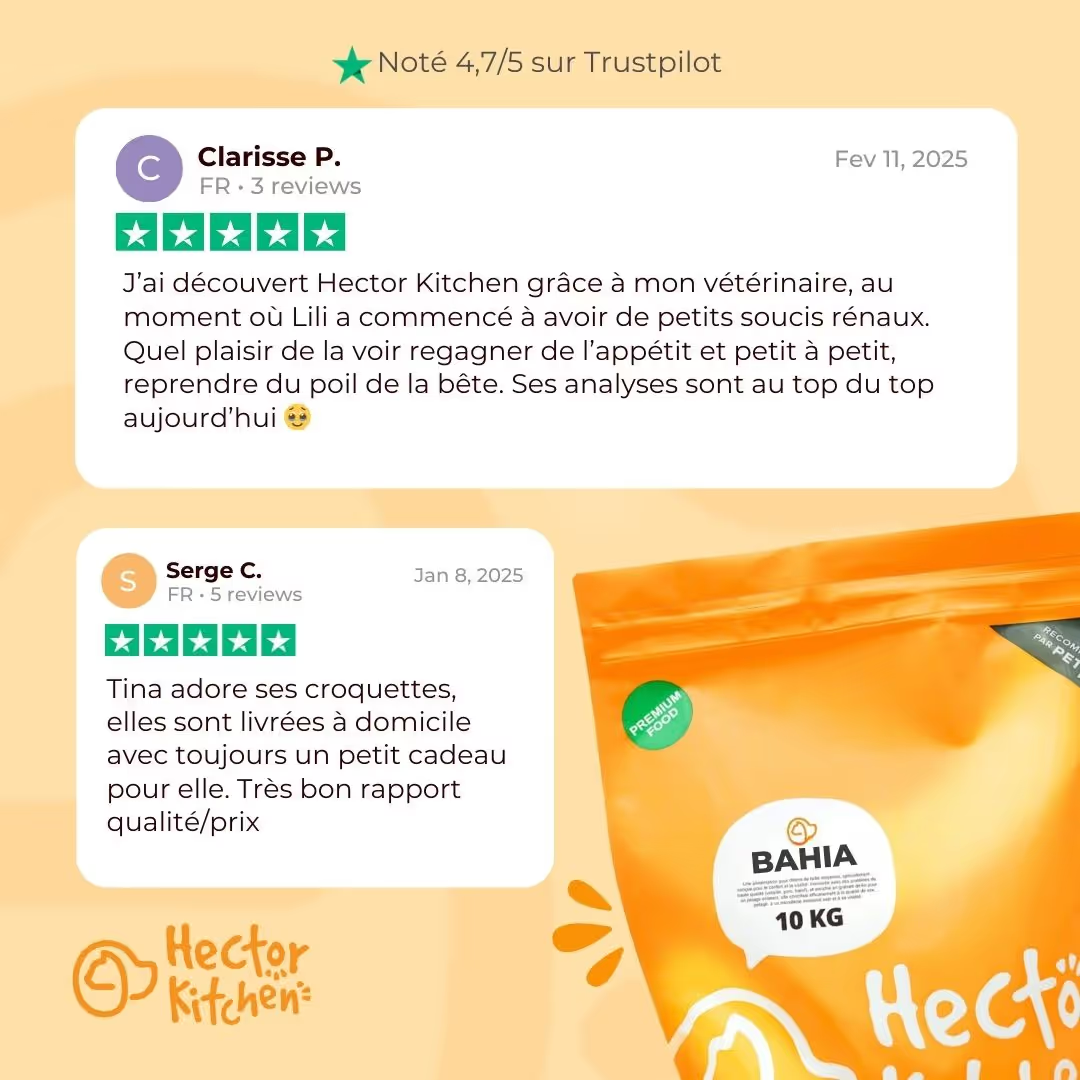








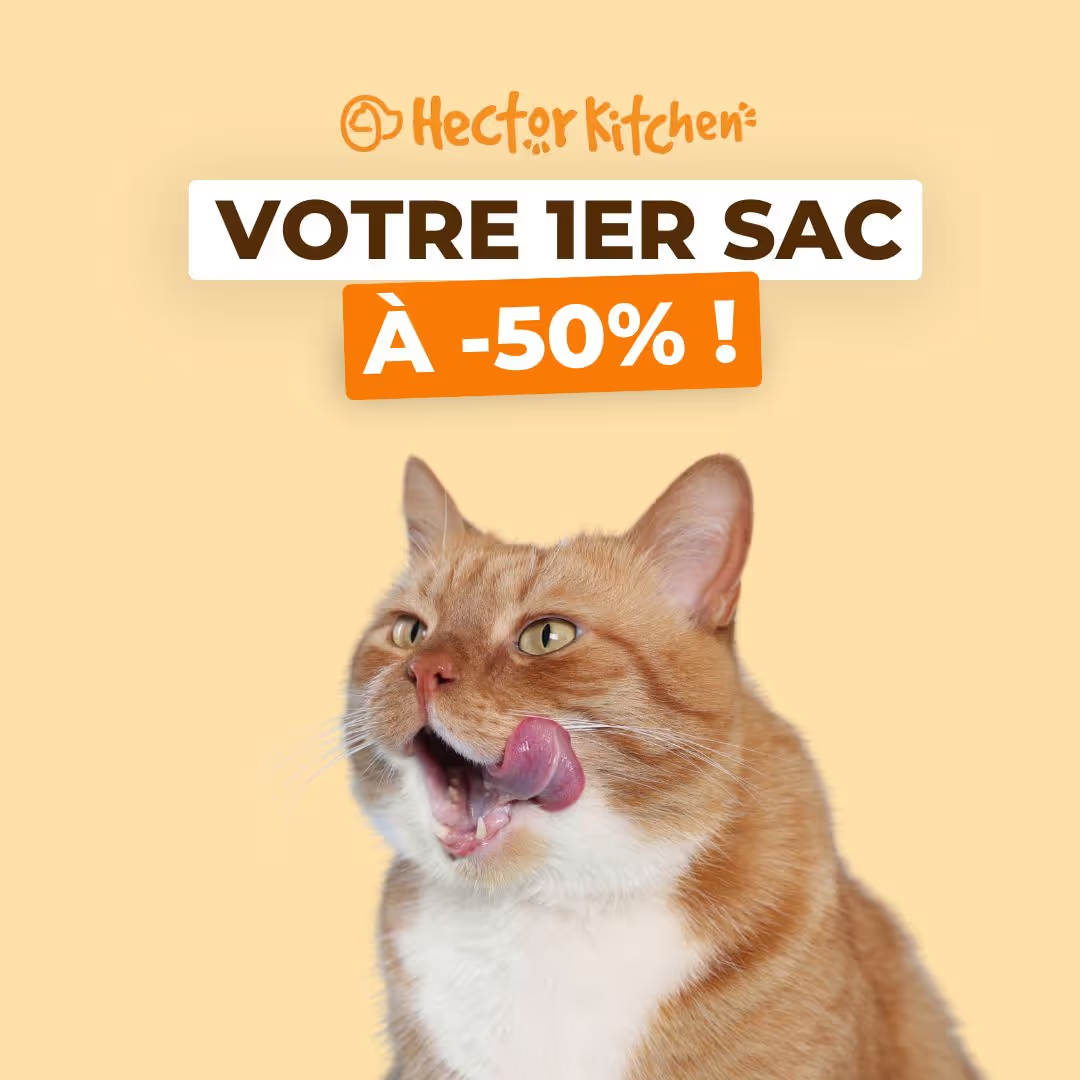


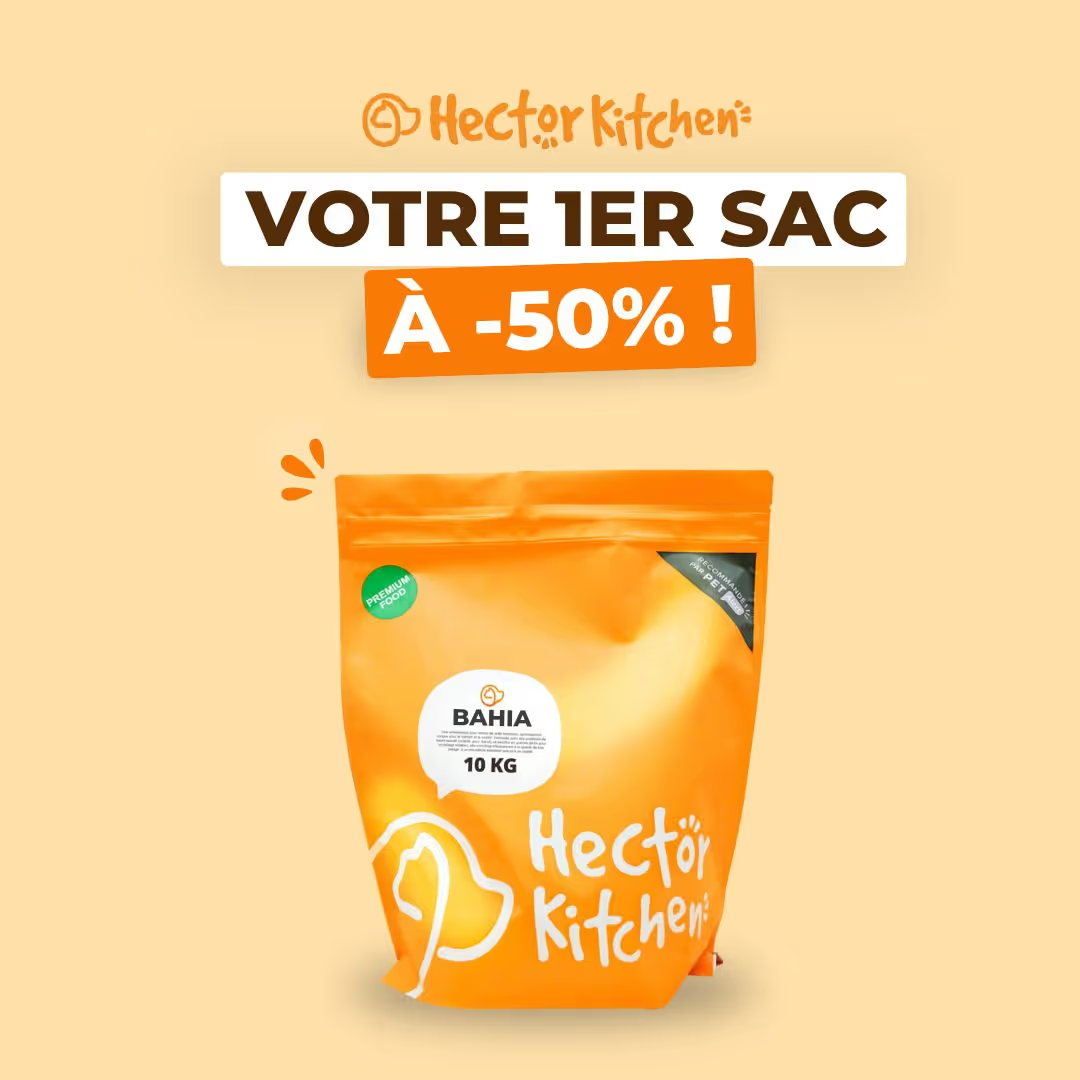




.avif)
.avif)
.avif)
.avif)
.avif)
.avif)
.avif)
.avif)
.avif)
.avif)
.avif)

.avif)
.avif)
.avif)
.avif)
.avif)
.avif)
.avif)
.avif)
.avif)
.avif)
.avif)
.avif)

.webp)
.webp)
.webp)
.webp)
.webp)
.webp)
.jpg)

